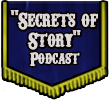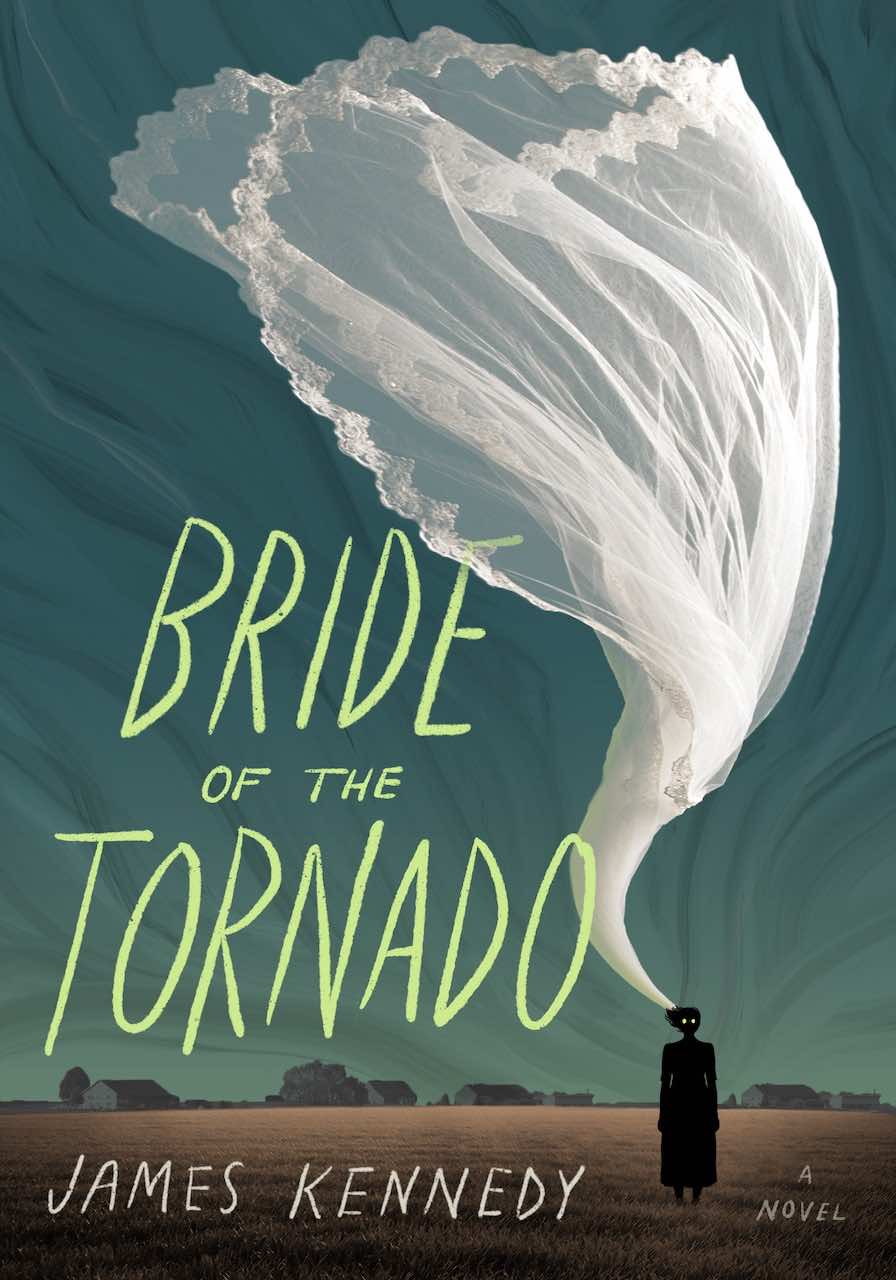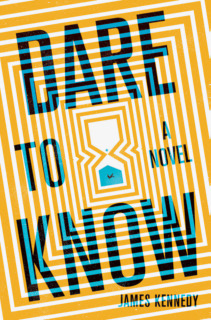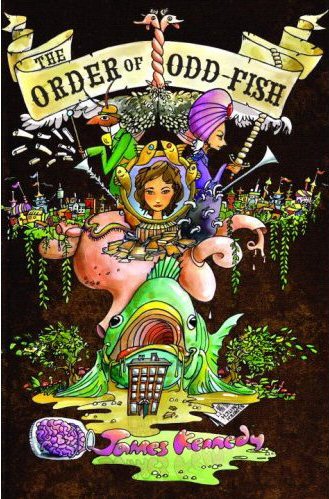A Whopping SIX More Episodes of the Secrets of Story Podcast With Matt Bird
August 17, 2020
« The Minnesota 2020 90-Second Newbery Film Festival: Online Screening! The Utah 2020 90-Second Newbery Film Festival: Online Screening! »

|
It’s been months since I’ve posted anything! But I haven’t been idle. Indeed, I have exciting news that I’m looking forward to sharing. But I can’t quite reveal it yet!
In the meantime, I realize I haven’t said anything lately about my podcast with Matt Bird. The podcast is called The Secrets of Story, named after Matt’s book and blog in which he dispenses storytelling advice for screenwriters and novelists.
On the podcast, Matt and I debate ideas about techniques in storytelling. Sometimes they’re my ideas. Sometime they’re Matt’s. We rarely agree!
Our podcast is now a member of the IFH Podcast network! This kind of sponsorship makes the podcast far easier to run. To celebrate our new home, we got snappy new art (by a very talented commenter on the blog, Jessica Friday) and a new theme song by Haddon Kime! I had requested something that was “kinda John Williams, kinda Danny Elfman,” and Haddon absolutely nailed it. I love the new look and sound of the podcast!
So I want to highlight some recent episodes. In Episode 13, I point out something I’ve noticed about the climaxes of certain stories. Now, like many storytelling gurus, Matt says that a hero must be active and resourceful throughout a story, deploying pre-established skills to solve the crises the story throws at them.
I agree . . . up to a point!
Because I’ve noticed that in many stories, usually at the climax, there’s a certain moment in which those “works” of a hero are no longer effective, and the hero must instead rely on “grace.” Or sometimes the final test isn’t solved by the hero’s efforts, but rather an involuntary but essential property about the hero. In either case, it’s no longer the hero being active and resourceful that puts them over the finish line; rather, it’s something ineffable outside of their mere conscious efforts. We discuss this claim in regards to Star Wars, Raiders of the Lost Ark, The Third Man, Toy Story, Harry Potter, Alien, Silence of the Lambs, The Graduate, and other movies and books.
I think this is one of our better episodes. It’s worth a listen!
In the next episode, Episode 14, Matt brings up an idea he had years ago for a psychological thriller movie he calls Involuntary. I gave him some feedback, he wrote out the beats of the story, and we discuss his idea and try to refine it. Matt doesn’t have any commitment to this idea anymore, so he has no ego on the line as we play around with his idea, tweak it, critique it, and hopefully improve it.
In Episode 15, acclaimed novelist Parker Peevyhouse (Strange Exit, The Echo Room, Where Futures End) stops by and we discuss what happens when novelists follow screenwriting advice. It’s no secret that some novelists sneakily and perhaps guiltily dip into screenwriting manuals like Blake Snyder’s Save the Cat or Robert McKee’s Story for insight on how to tell stories. How is this practice invigorating and clarifying to a novelist? Conversely, how might it just make novels read like crappy screenplays? Our debate goes all over the map! We also discuss Parker’s fantastic novel-in-stories Where Futures End, which I read and loved.
In Episode 16, I bring up ways we might augment Matt’s newest scheme for getting audiences to care about the hero of a story. Matt calls it “Believe, Care, and Invest.” That is, Matt claims that in the first ten or so minutes of a movie (or first 10 or so pages of a book), the storyteller must accomplish three specific things that get us on the side of the story’s hero.
That is, first we must provide details about the hero and their world that make us believe in their (fictive) reality—usually little quirks and idiosyncratic details that make it feel authentic. Next, we must put the hero through events that make us care about them—often, some unjust humiliation or unfair suffering. Finally, the hero must do stuff that convinces us that they’re up to the task of solving the problems of the story—so that we will invest our hopes in them.
Here, I bring up some additional tips for making the audience get on the side of the hero—not features that every story has to have, but rather little tricks that I’ve noticed other stories have used, and can be deployed a la carte: Isolate, Eavesdrop, Eat, Exercise, Economic Activity, Enjoy, and Emulate. What does it all mean? Give it a listen, I think this is another goodie:
But I’m not done yet! In the next episode, Episode 17, I bring up two more “Es” that might work as a la carte tricks for getting us on the side of a hero: Explain and Evaluate. We also return to our “Free Story Idea” segment, in which Matt and I give away ideas for stories that we’re never going to write. I offer to Matt a rapid-fire bunch of (absurd) premises to see what he makes of them.
Our final episode of the six is inspired by a video by screenwriter Michael Arndt, who won an Oscar for his first produced screenplay (Little Miss Sunshine) and also wrote Toy Story 4 and the first draft of The Force Awakens. Arndt has a video in which he gives his opinion on what makes for an “Insanely Great Ending” for a movie. You can see it here.
In this episode, Episode 18, Matt and I discuss Arndt’s video, which we found very insightful and helpful, but perhaps also in some ways misleading. This is a big, meaty discussion that also sort of dovetails with the “Moment of Grace” episode that kicked off this blog post. Definitely watch Michael Arndt’s video above before listening to the podcast episode below, you’ll enjoy it much more!
And now we’re caught up with podcast episodes! I hope you enjoy them.
And there’s more news I can’t wait to share with you, coming from me soon!














